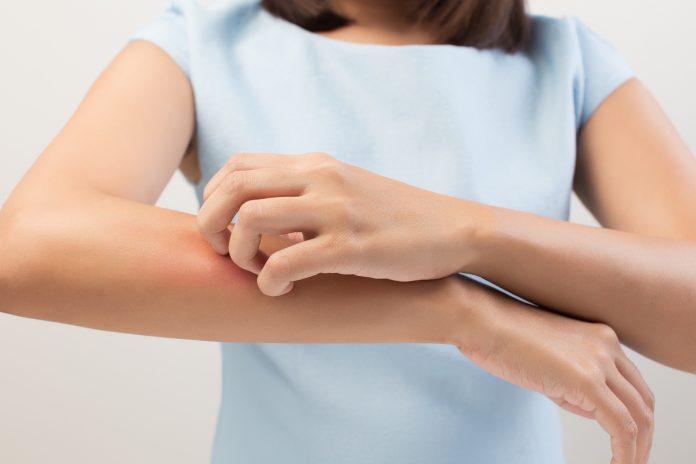The Arctic chill that descended over North America this winter caused many to suffer more cold-related illness and injury than is normal. For some, the extreme dry cold activates their eczema, and in fact, the term “winter eczema” is often used to describe the atopic dermatitis that occurs more often in the winter months because of the cold temperatures and lack of moisture in the air.
Even those without eczema may feel their skin is drier or more “itchy”, especially when indoors after being outside in the cold. This is caused by the skin reacting to the sudden temperature change, and additionally, the lack of humidity during winter causes the air to extract more moisture from the skin. This may lead to flaky, cracked skin, leaving one more vulnerable to infection, and especially on the hands which are being washed more often to avoid cold and flu germs.
Treatment Options
- OTC Topical Ointments – Your local health food store, pharmacy or favourite grocery retailer usually sells a variety of creams for eczema. For less side effects, look for those that have least number of chemical additives, such as alcohol which can further dry the skin. Some products will just moisturize the skin, some may address the itch or rash, while others are more for cleansing to prevent infection. Products that contain oatmeal or calendula oil may also help relieve the itch. Ask your nutritionist about vitamins, foods or supplements that have proven benefits in moisturizing the skin from the inside out, such as Essential Fatty Acids (EFAs), eating more fish, avocados, almonds (contains Vitamin E) and more.
- Bathing & Moisturizing – Often the best way to reduce eczema is through a proper bathing and moisturizing routine. Avoid overly hot showers or baths, and instead try this: put oatmeal into cheesecloth or a clean, sheer stocking, tie it below the faucet while filling a tub with warm water so that the water runs over it. After a good soak, moisturize immediately after bath. Ask a professional for other natural, drug-free options for adding to a soothing bath.
- Prescription Topicals – If severe enough, consider seeing your doctor for a prescription topical that will reduce itching, redness, and cracking of the skin to help ward off infection. Most of these contain steroids or other ingredients that may cause side effects so be sure to ask about any warnings or contraindications.
- Light Therapy – UVB (ultraviolet B) is present in natural sunlight and research has shown it can be a safe and effective treatment for eczema and psoriasis. Treatment is conducted by a medical professional (in clinic or at home) for a set length of time and duration. The skin is exposed to an artificial UVB light source where it penetrates the skin and may slow the growth of affected skin cells. This treatment may also help increase Vitamin D production, further helping the skin.
Whichever method you may choose, consider a regimen of routine skin care to avoid eczema for any weather condition. Perhaps combining some or all of these treatment options can help you avoid the itch while staying warm.









